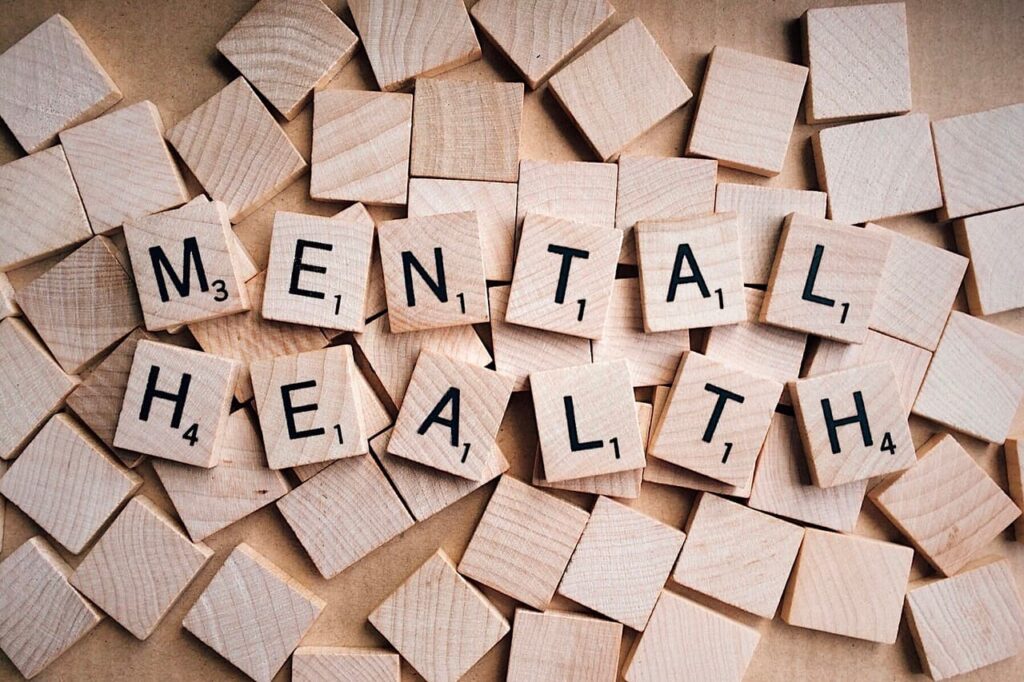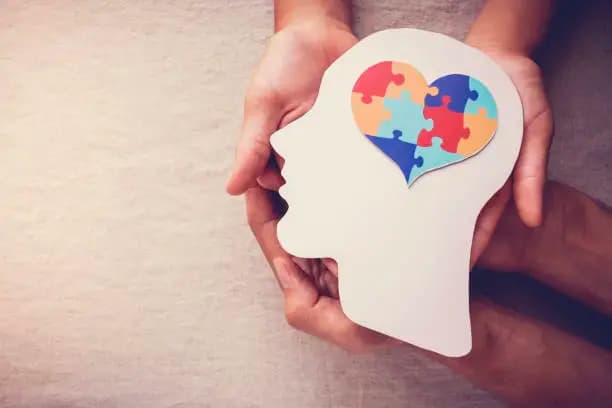
In the modern age we live in now, our lives are full of screens and devices. Screens are everywhere, from phones to computers to laptops to smart TVs. They let us see what’s going on in the world, help us work and play, and let us talk to each other. Even though this digital revolution has brought conveniences and chances that have never been seen before, it has also caused people to worry about its effects on mental health. In this piece, we’ll talk about how screens are everywhere, what effects they might have on mental health, and how to keep a healthy balance in the digital age.
The Pervasive Influence of Screens
Digital screens have become an integral part of modern life. It’s hard to find a moment when we’re not interacting with a screen, whether it’s for work, entertainment, or staying connected with loved ones. From checking emails and scrolling through social media to playing at Kiwi online casinos, screens are our constant companions.
The rise of smartphones and the accessibility of the internet have made it easier than ever to engage with digital content. People now use screens not only for information but also for entertainment, socializing, and even shopping. The boundary between the physical and digital worlds is blurred, and screens are the bridge that connects them.
The Impact on Mental Well-being
Even though screens have many benefits, like giving us quick access to information and letting us connect with people all over the world, they can also be bad for our mental health. Too much time in front of a screen has been linked to worry, depression, and trouble sleeping, among other mental health problems.
Researchers have found that spending a lot of time on social media can make people feel like they aren’t good enough and have low self-esteem. This is because people often compare themselves to their carefully crafted online profiles. Also, the blue light that computers give off can mess up our circadian rhythms. This can make it hard to fall asleep and stay asleep, which can have a chain reaction on our mental health.
Statistics show that kids and teens are spending a lot more time in front of screens, which could be bad for their mental health. The American Academy of Paediatrics says that kids and teens should spend less time in front of screens and more time doing things that are good for their physical and mental health.
Screen Time Guidelines and Recommendations
To lessen the bad effects of spending too much time in front of a screen, it’s important to follow guidelines and tips for healthy use. The American Academy of Paediatrics says that kids ages 2 to 5 shouldn’t spend more than an hour a day in front of a computer, and that time should be spent watching good shows. For older children and teens, it’s best to set clear limits on screen time and encourage a healthy lifestyle.
It’s important to balance computer time with other things. Encourage kids to play outside, get some exercise, and talk to each other. Using screens less during meals and before bed can also help you sleep better and feel better all around.
Digital Detox Strategies
A digital detox may be needed to find a good balance between screen time and other things to do. Think about the benefits of getting away from computers, even for a short time. Spend time in the real world doing things that help you unwind, get creative, and stay healthy.
Setting limits is the key to cutting down on screen time. Set aside certain areas of your home, like the dining room or the bedroom, where there are no screens. This will help you develop healthy habits. Also, make a plan for each day that includes time for work, fun, and offline activities.

The Positive Side of Screen Time
It’s important to not spend too much time in front of a screen, but it’s also important to recognise the good things about screens and digital gadgets. Technology gives people access to tools for mental health, networks of support, and even online therapy. It can bring together people who are going through similar problems, creating a sense of connection and understanding.
Building Digital Resilience
Building digital resilience can help you deal with the challenges of computer time and protect your mental health. This means learning the skills and being aware of how to handle screen time well. Practise being aware to stay in the moment and stop mindless scrolling. Develop self-awareness so you can tell when screen time is making you unhappy or less productive.
Conclusion
Screens are an important part of our lives in the digital age because they give us so many options and make things easier. But it’s important to be aware of how too much computer time could affect mental health. People can find a good balance between their online and offline lives if they follow rules, use digital detox techniques, and build digital resilience. Let’s be aware of how we use screens and make decisions that are good for our mental health in the digital age.
Last modified: October 16, 2023

